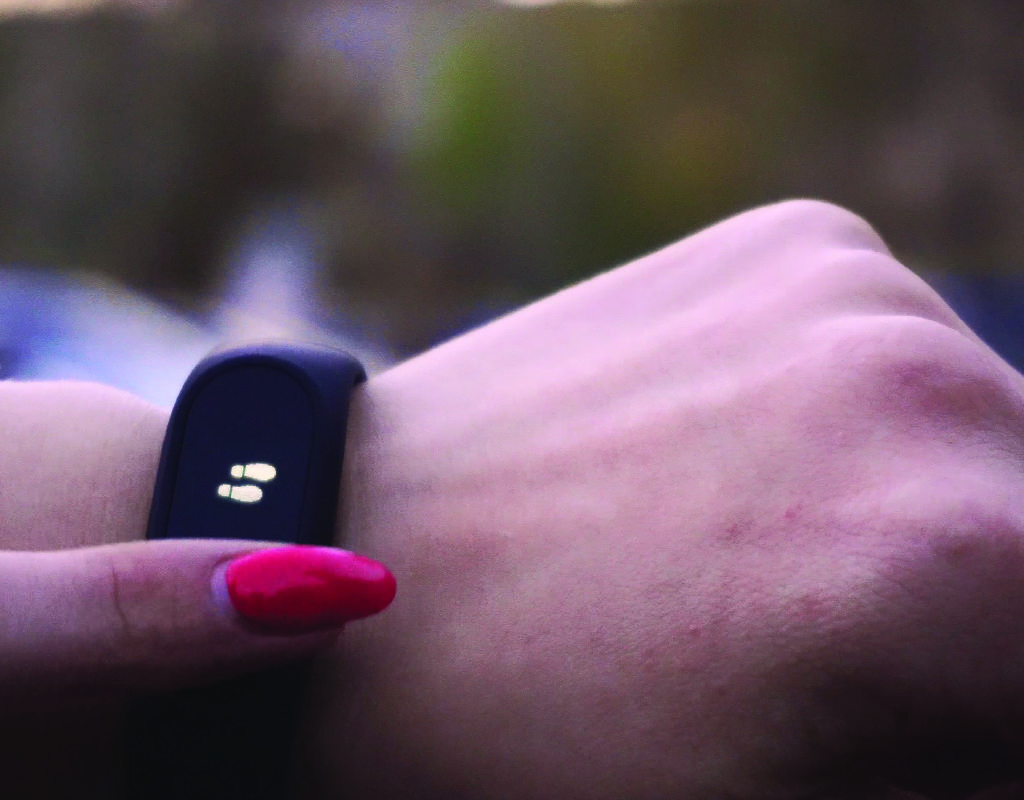By Eric Williamson, RD, MSc, CSCS, PhD (C)
You’re working out, you know you’re eating less and you’re still not losing weight? Is it a slow metabolism that you can’t do anything about? For most people, not quite.
A well-controlled research study conducted at The University of Copenhagen took 61 overweight men and split them into three groups: one group had no calorie deficit (control group), one was put in a moderate calorie deficit (-300 calories) and another was put in a large calorie deficit (-600 calories). Diets were controlled and the deficit came from energy expended on the different structured exercise programs they were put on. The subjects maintained these programs for 13 weeks. At the end of the study, both deficit groups lost equal amounts of fat, 4.0 kg in the -300 calorie group and 3.8 kg in the -600 calorie group.
If the one group was in a 2x greater caloric deficit, why didn’t they lose more weight? A big part of this answer is a little something called Non-Exercise Activity Thermogenesis (NEAT).
NEAT is the amount of energy you burn aside from scheduled workouts. This is by fidgeting, maintaining posture and, in large part, ambulation (i.e. mainly sitting, standing and walking). For some people, calorie deficits result in doing less of these things, meaning less calories burned over the course of the day compared to if they had not been exercising and restricting calorie intake. The real kicker is that this reduction in activity is completely unbeknownst to the individual experiencing it.
How do you counter this? Step counting can be an effective solution.
Your next best strategy is to wear a pedometer or download a step counting app. Set a daily target and increase this target by 50-100 steps per week towards 10, 000 steps/day for optimal health. When you’re aiming to lose weight, make sure this number doesn’t go down!
There is also another bonus.
Calorie deficits and losing fat are stressful on the body. They can set off some physiological alarm bells that there is not enough food available in your environment, so you better do something about it! This can put you at risk for mood disturbances (i.e. grumpiness and depression), insomnia, poor recovery from workouts and other effects of stress. Walking, particularly in a scenic environment, can provide a form of stress relief to counter this.
Eating nutrient dense foods, exercising and still having trouble losing fat? Don’t let your brain trick you into becoming lazier. Take control of your NEAT!



